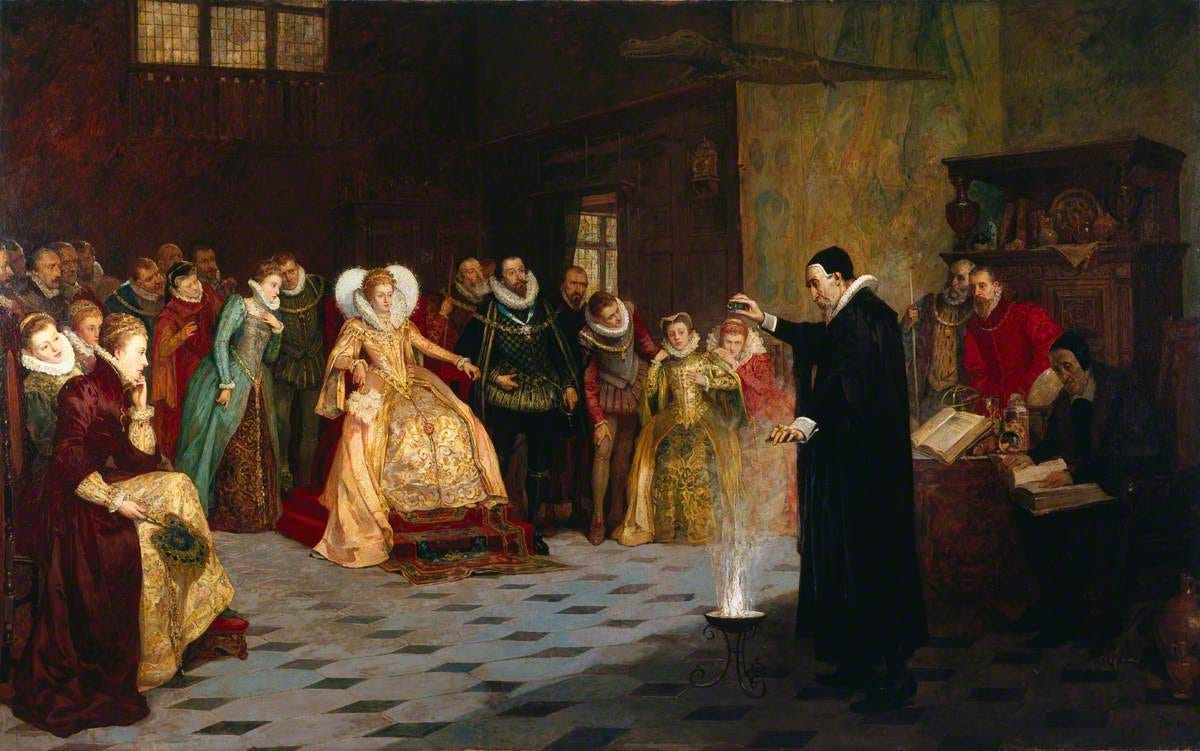
In medieval courts, astrologers weren’t just stargazers—they were trusted advisors whose celestial readings influenced the decisions of kings and emperors. From predicting the outcomes of battles to interpreting omens at birth or coronation, these enigmatic figures occupied a delicate space between science, superstition, and strategy. Monarchs like Frederick II and Charles V consulted them with the same seriousness they reserved for generals or confessors, believing that the stars revealed divine will. Their presence in court was both celebrated and feared, as their predictions could bolster or break reputations.
Yet not all viewed astrologers with admiration. Church authorities often regarded them with suspicion, warning of heresy or demonic influence. Despite this tension, court astrologers thrived, adapting their practice to align with accepted theological frameworks or disguising their work as mathematical calculations. Their legacy reflects the medieval world’s ongoing struggle to reconcile faith, fate, and knowledge—a world where the sky itself seemed to whisper secrets of destiny.
#medievalhistory, #courtastrologers, #astrology, #kingsandstars, #medievalscience, #superstition, #fateandfortune, #whisperersofdestiny, #historynewsletter
Read More:
https://historymedieval.com/court-astrologers-whisperers-of-fate-and-fortune/



